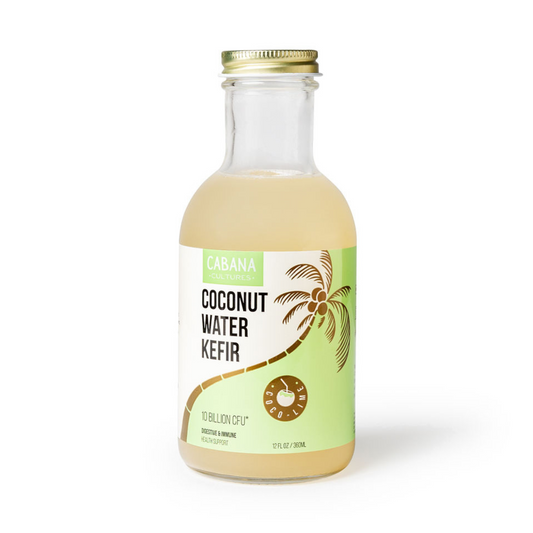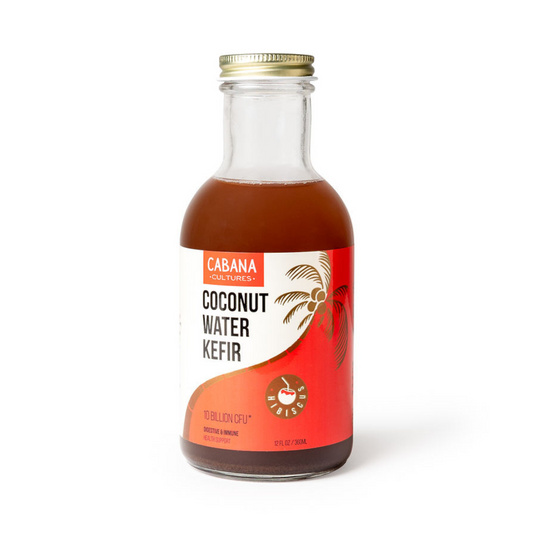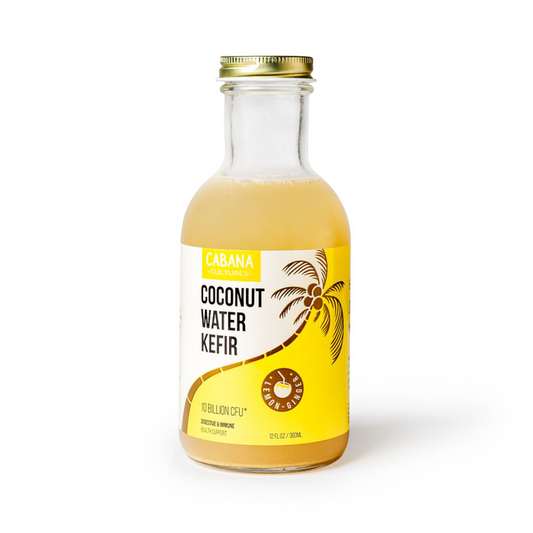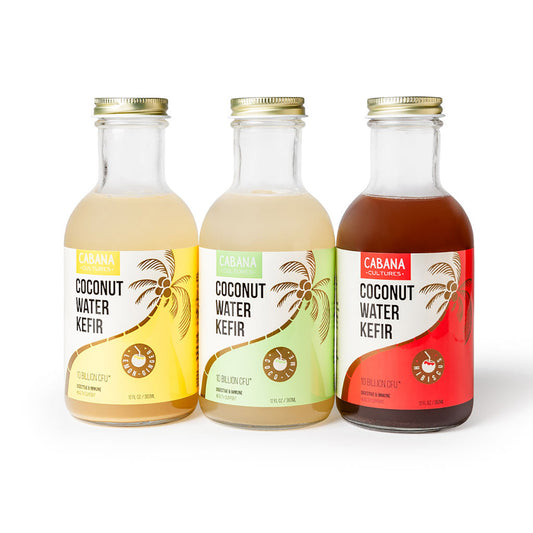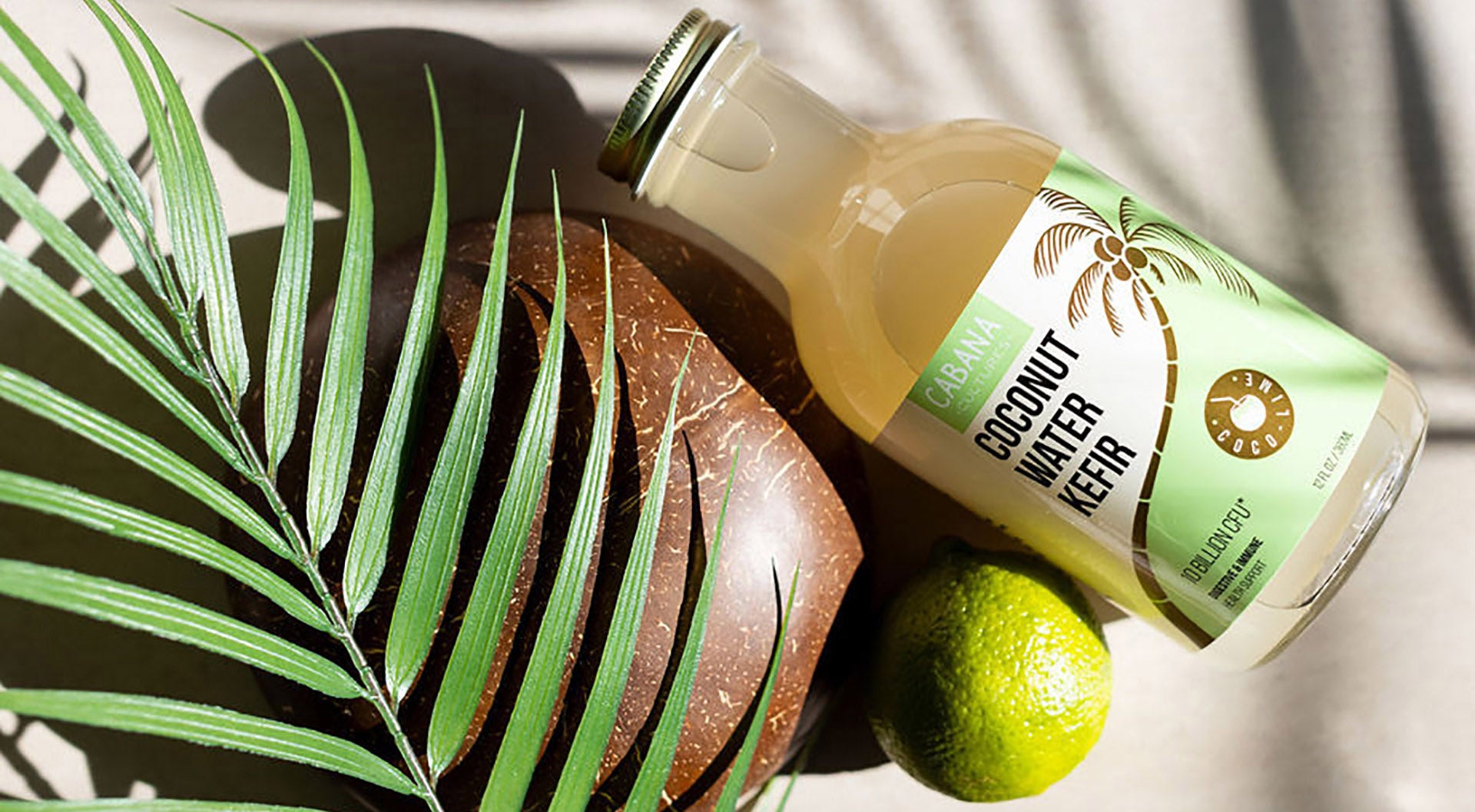
Tropical Hydration for a Happy Gut
10 Billion live probiotics in refreshing coconut water and tropical juice blends, with only 5g of sugar.
100% PLANT BASED 🌿 NO ARTIFICIAL SWEETENERS 🌿 NON-CARBONATED 🌿 CAFFEINE-FREE
A Gut Health Drink Made for the Beach
Electrolyte-rich, ultra-hydrating coconut water + gut-healthy live probiotics.
Infused with tropical flavors that will transport you to your own private cabana.
Shop Our Flavors
-
Lemon-Ginger
Regular price $55.00Regular priceUnit price / per -
Variety Pack
Regular price $55.00Regular priceUnit price / per
Nourish Your Body
-

Powered by Probiotics
10 Billion probiotic cultures in each bottle with strains like Bacillus subtilis for an extra happy gut.
-

Rich in Electrolytes
Level up your recovery, rehydration and endurance with over 500mg of electrolytes.
-

Clean Ingredients Only
100% plant-based, non-dairy, no sugar added and no artificial sweeteners. Just the good stuff.

